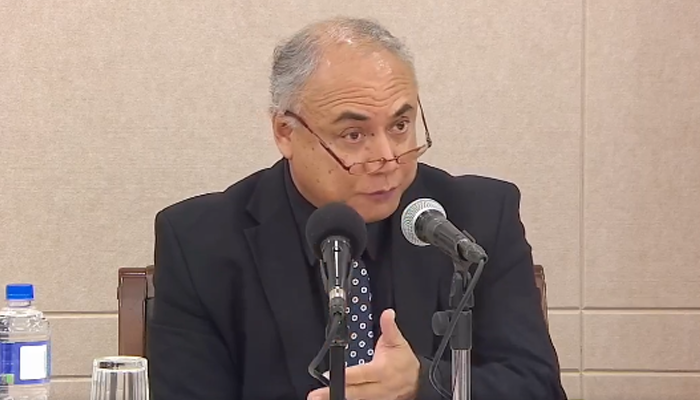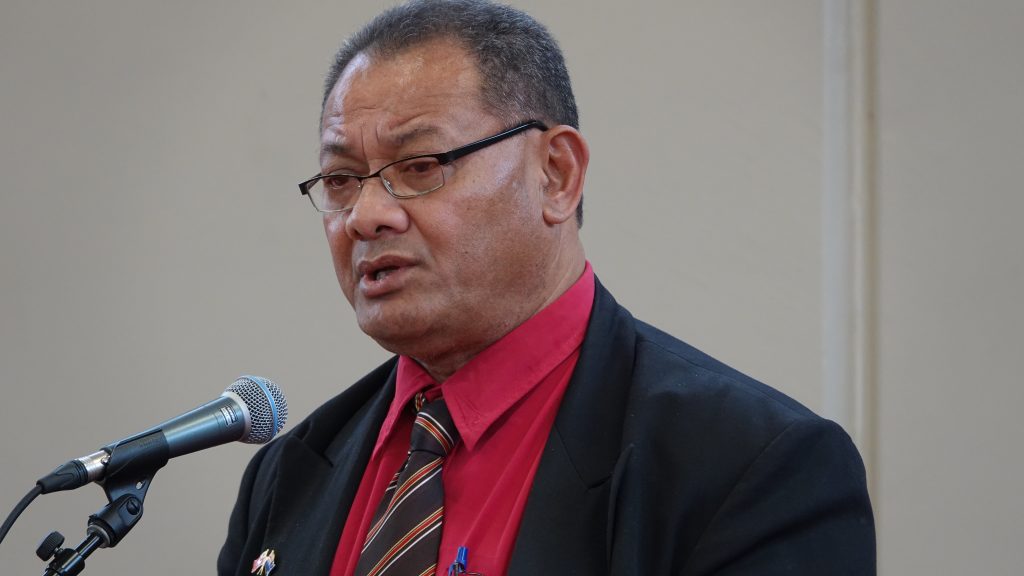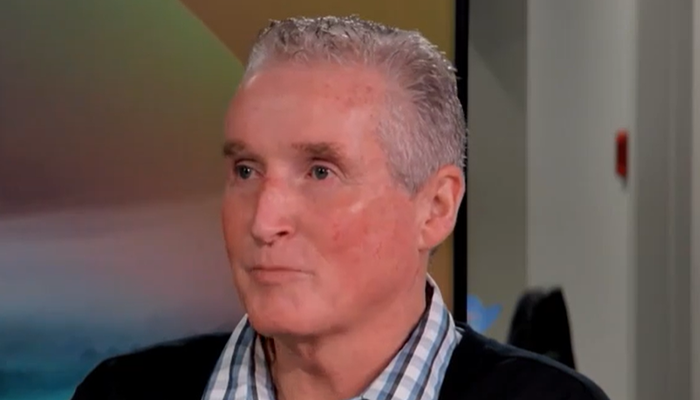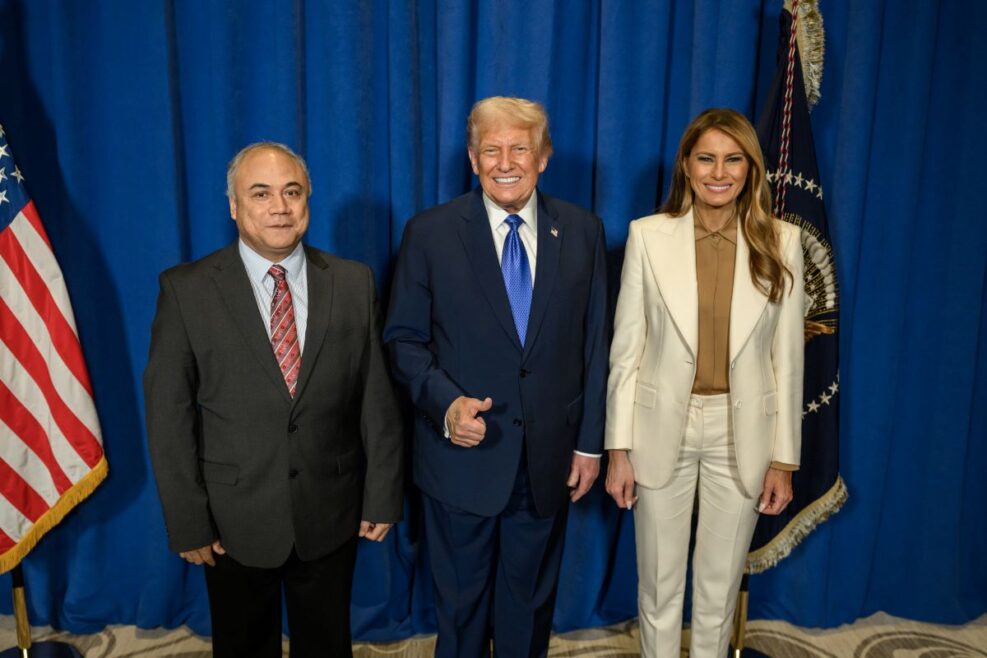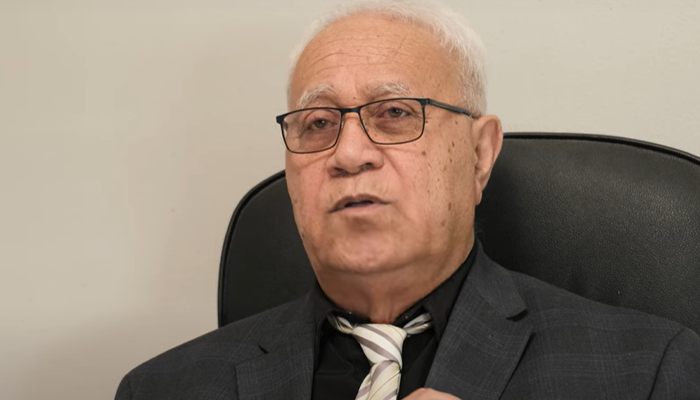The Tongan government has rejected as false reports circulating on social media that its delegation walked out during Israeli Prime Minister Benjamin Netanyahu’s speech at the United Nations two weeks ago.

The claims sparked backlash online, particularly among Tonga’s Christian community, many of whom are vocal supporters of Israel due to biblical and religious beliefs.
The revelation comes after Israeli Prime Minister Benjamin Netanyahu condemned the recognition of a Palestinian state by several Western nations during a combative speech at the United Nations General Assembly.
Netanyahu described the recognition efforts as a “mark of shame,” claiming they send the message that “murdering Jews pays off.”
His remarks prompted dozens of officials and diplomats to stage a walk-out as he took the podium, leaving large sections of the conference hall visibly empty. Outside the UN headquarters, protesters gathered in Times Square to demonstrate against Israel’s ongoing war in Gaza.
Tonga’s Trade Minister, Kapelieli Lanumata, who was part of the country’s delegation to the UN, clarified the situation in response to the rumours.
“We did not walk out because we were not there in the first place,” Lanumata told a press conference last week.
He explained that at the time of Netanyahu’s address, Pacific Islands Forum leaders were attending a separate meeting with the UN Secretary-General.
The misinformation prompted strong reactions from Tongan social media users, who condemned the reports and reaffirmed their support for Israel.
As Kaniva News reported earlier today, Tonga recently voted in favour of Israel by rejecting the New York Declaration supporting a two-state solution between Israel and Palestine.
However, the move has drawn criticism from Tongan scholars abroad, who argue that Prime Minister Eke’s position overlooks serious humanitarian concerns, including allegations of genocide, starvation, and displacement in Gaza, as reported by the United Nations.
The controversy highlights growing divisions within the Tongan diaspora over the government’s stance on the Israel-Palestine conflict.


